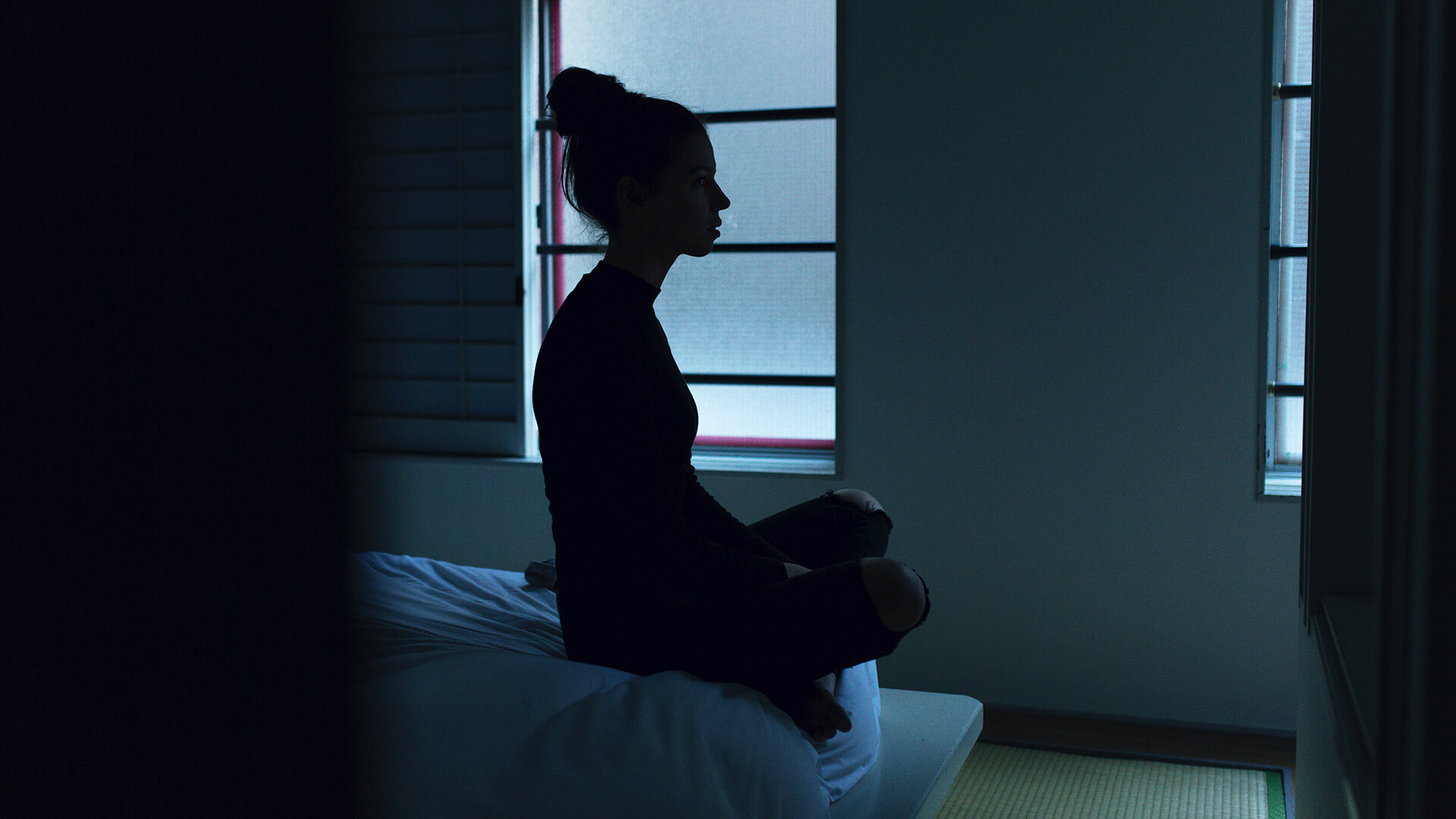Living during a pandemic such as the current COVID-19 virus is a ripe time for looking outward and feeling fear. However, a pandemic is also a ripe time for turning inward and discovering our strength, desire, and truth. Dr. Irvin Yalom, one of the developers of existential psychotherapy says, “Though the physicality of death destroys us, the idea of death may save us.” But with so much turbulence in our current circumstances and so much fear in our mind and bodies, how do we channel this pandemic for our personal growth and the growth of our community? I propose we need regular practices of regulating, observing, listening, and acting. Today’s second post is on observing.
Observing
When our nervous system is more at ease (after the regulating process we described in the last post), we can more fully be present to not only our fears, but also our desires. In my experience, it’s not only my fear that gets my body’s system activated but also my desire, my pleasure, my excitement, my optimism and hope. Being reactive, and even scared of, any feelings is common for those carrying emotional trauma in their bodies and at this time we are collectively carrying some emotional trauma energy from the pandemic.
With the body more regulated, instead of reactive to our own emotion, the mind can be more at ease with fully bringing its attention to what is inside us. In mindfulness, or being nonjudgmentally aware of what is in the present moment, we hold a metaphorical flashlight and magnifying glass upon our thoughts, emotions and body sensations. Developing mindfulness is like exercising a muscle that we all have, but that also atrophies without regular use. Here are a few practices for developing mindfulness:
- Breath meditation: Pay attention to the sensation of your breath at the tip of your nose or to the rising and falling of your belly
- Walking meditation: Pay attention to the sensation of your feet on the floor as you walk
- Mantra meditation: Inwardly repeat a phrase over and over again
- Mindfulness meditation: Sit with focused awareness on all your sensations
The key is to return your attention to whatever your selected focus is, again, and again, and again, and to do so without judgement. This strengthens the mind’s capacity to be focused, especially when strong emotions or distressing thoughts are present, and to hold whatever is true without reactivity (not judging it).
I practice observing by doing breath meditation, because I can do it anywhere and anytime. Beginning with five minutes a day can make a significant impact on how present you are to yourself, others, and your environment.
Observing our thoughts and feelings nonjudgmentally can help us center and ground ourselves so that we can look inward with gentleness and focus to find our answers for how to move forward. My next post will focus on how we can make that inward journey with practices of listening to discover our strength, desire, and truth. Until then, consider experimenting with one of the above practices.
by: Sean Williams, Deep Eddy Psychotherapy Scheduling Team

